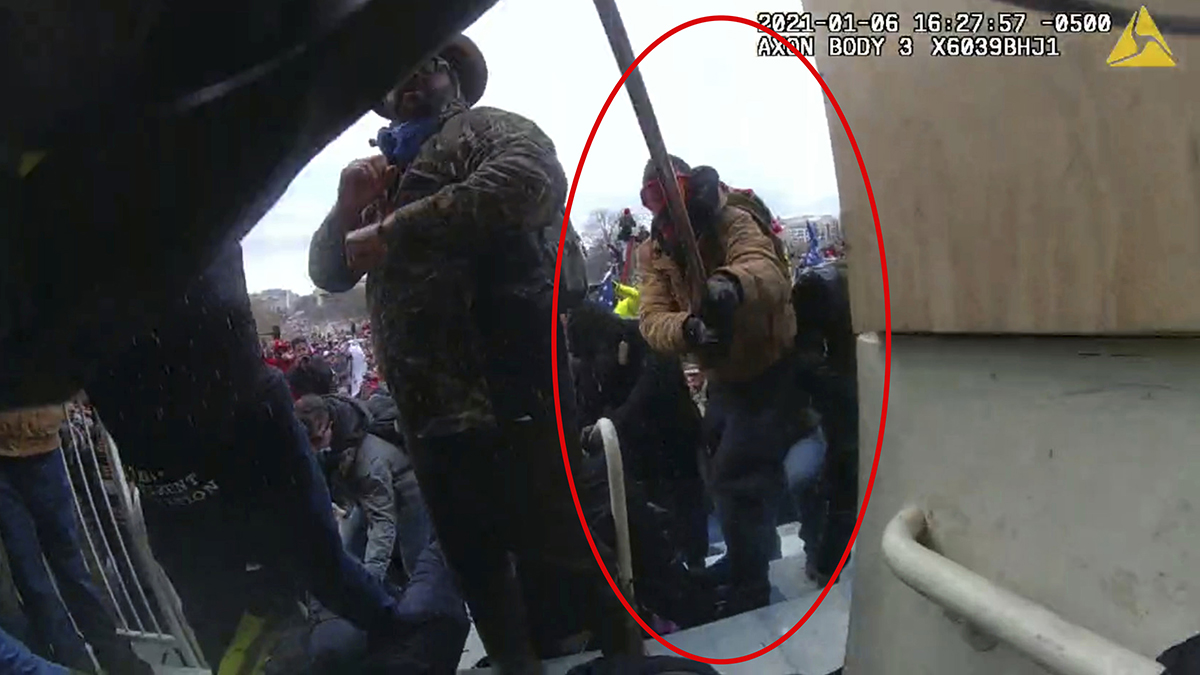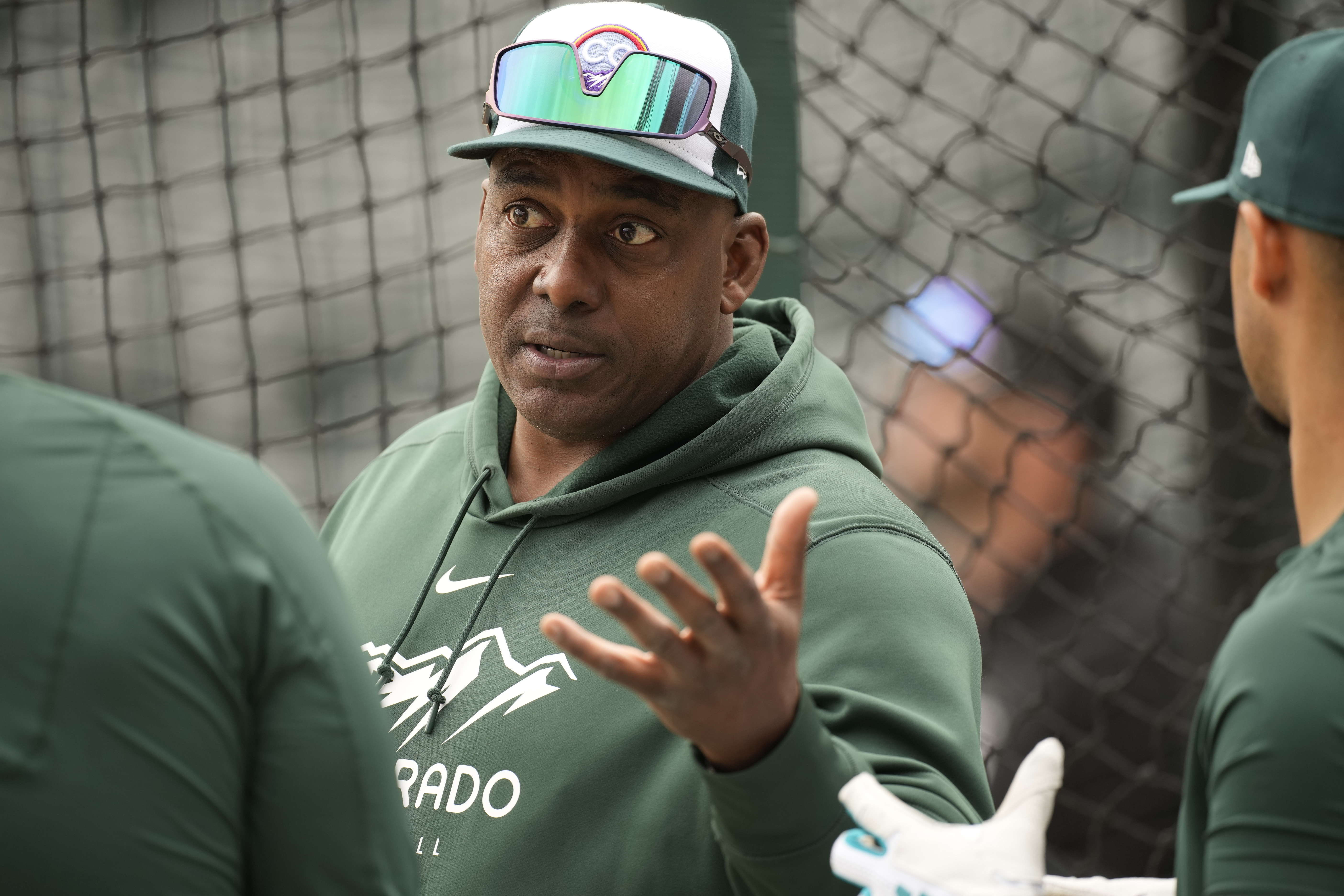There is perhaps no more glaring exhibition of American consumerism than Black Friday: shoppers spending their long Thanksgiving weekends camped outside big-box stores for the chance to fight through crowds for the latest gadgets and toys.
Retailers invest a lot of hope in that day, because it can be used to build momentum for the six-week holiday shopping season, their most profitable time of year.
But Black Friday isn’t the economic bellwether that it used to be. The thrifty financial landscape, and the growth of online shopping, have arguably diminished the event’s impact, even as it grows in popularity, with more stores opening on Thanksgiving or offering sales weeks earlier.
“Everyone’s going to hype it, and there are a lot of deals out there, and some people make it an experience in itself, but I don’t think it’s as much of a leading indicator of the holiday season,” said Dennis Jacobe, chief economist for Gallup, the research and polling firm.
The biggest reason, Jacobe said, is that while the recession has abated, consumer caution has not. His studies show that that more Americans say they’re confident in the economy, but they aren’t as willing to exercise that faith by opening their wallets. That includes upper-income shoppers, who may be growing anxious about the looming fiscal cliff’s impact on their taxes. The lingering effects of Hurricane Sandy could be a factor as well.
Many researchers have reported modest spending in the weeks leading up to Black Friday.
In other words, the crowds that turn out for door-buster deals this weekend can’t necessarily be expected to remain enthusiastic.
From an economic researcher’s perspective, Black Friday is more sport than science. Analysts say that sales figures during this brief period are less a function of the broader fiscal climate than of the effort retailers go to in drawing people to their stores.
U.S. & World
Because that effort grows every year, Black Friday—and the rest of the weekend—typically performs well, said Allen Sinai, chief economist and strategist at Decision Economics Inc. The zeal usually fades a bit, then picks up again in the days right before Christmas.
Sinai also recalled a couple occasions when a Black Friday turned out to be “a dud,” but sales rallied later in the holiday season.
That record, he said, was why he didn’t “place a lot of stock” in Black Friday as an accurate gauge of holiday-season shopping.
Tell an economist you're trying to get accurate data on Black Friday sales, and the response will often be “good luck.” Many organizations—retail trade groups, market researchers, polling firms—try it, but methods, and margins of error, vary. U.S. Commerce Department statisticians don’t break down economic data that narrowly.
Barry Ritholtz, director of equity research at Fusion IQ, takes to his popular blog every year to bemoan the “wildly optimistic” surveys that the media quotes at the end of Black Friday weekend.
Without fail, he says, the reports exaggerate consumer enthusiasm. He pointed to last year’s National Retail Foundation’s claim that sales had spiked by 16 percent – which, if true, would have been a record-breaking sum. There was no apparent attempt to check the data later on, but economists generally agree that consumer spending increased by less than 6 percent over the entire 2011 holiday season.
The NRF has predicted a slight decrease in the number of Black Friday shoppers this year.
“You should be reluctant to draw too big a conclusion from one day,” Ritholtz said. “As we’ve seen, it never lives up to the hype. In fact, part of the reason there’s so much hype and false signals is there are so many people trying to get a read into that one day, far more than what you should typically be willing to see in one day. This is an economy, not an event.”
His prediction, shared by many other researchers, is that no matter how frenetic Black Friday turns out to be, holiday season spending will enjoy a modest uptick this year. Bain & Co., for example, predicted a 3.5 percent increase in spending, compared to a 3.7 percent increase in 2011 and 3.8 percent the year before. Gallup has predicted a "good, though not great" performance.
The biggest variable, many say, is the fiscal cliff, the expiration of Bush-era tax cuts and automatic spending reductions that will go into effect Dec. 31 unless President Barack Obama can reach some kind of deal with Congress. If there is no solution before Christmas, consumers may get nervous, and hold back on holiday spending, some economists say.
Lawmakers are expected to get back to work on the issue after Thanksgiving weekend.
“Uncertainty is even greater than usual at this point,” said Scott Hoyt, senior director of consumer economics for Moody’s Analytics. “Whatever sales are like this weekend, it doesn’t really help to address that uncertainty."



